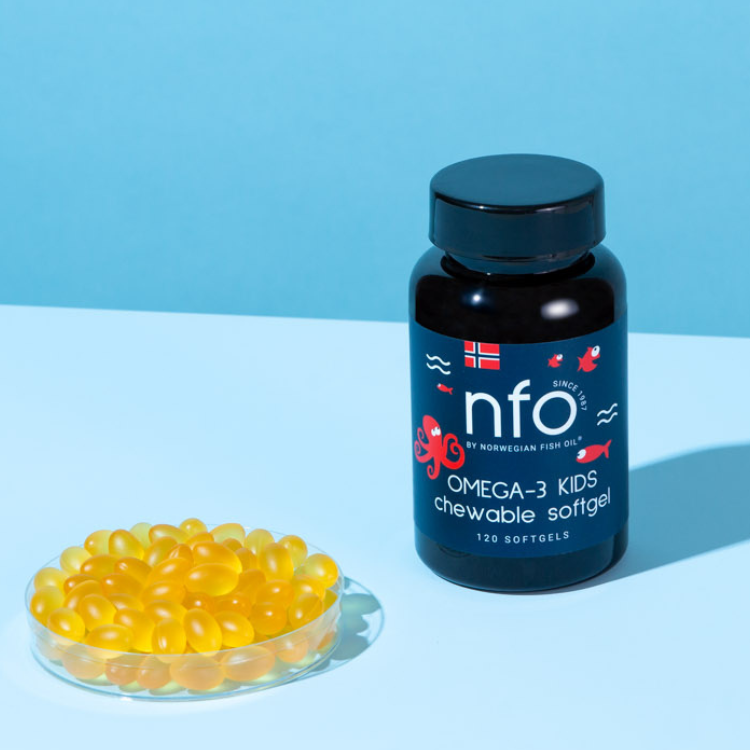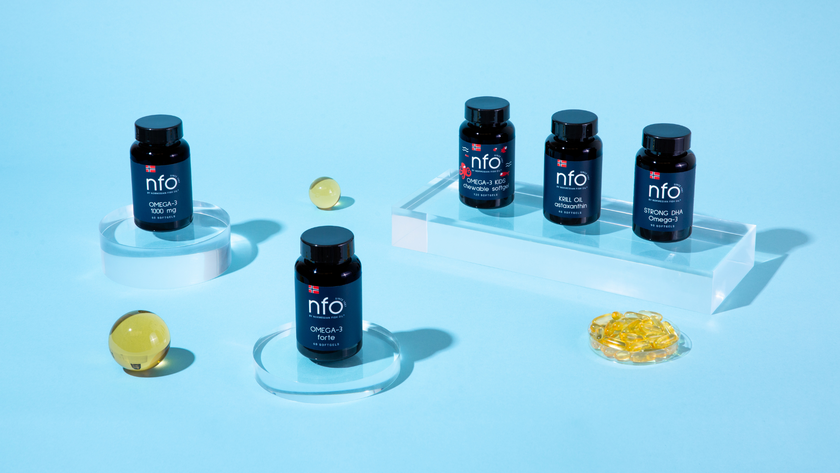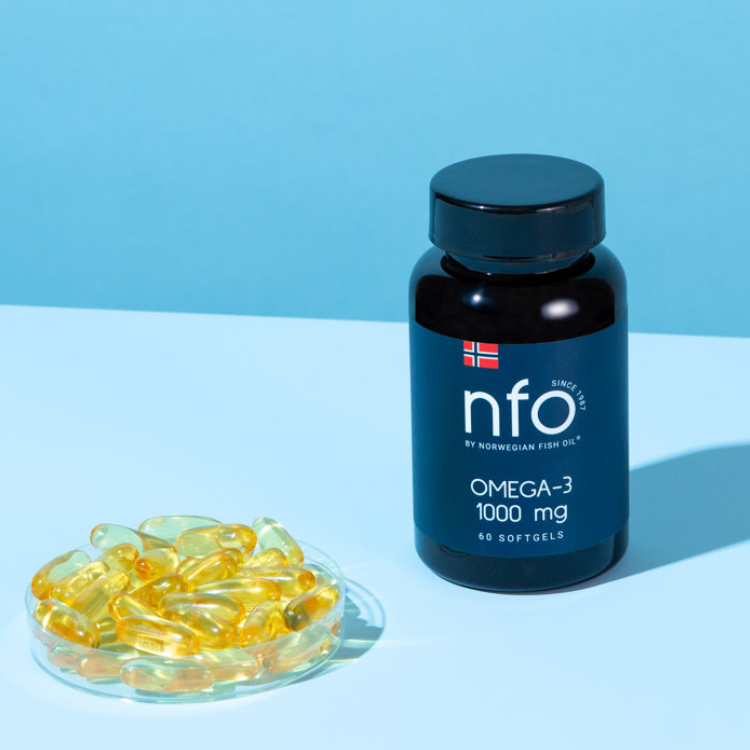Zinc is an essential mineral that plays a vital role in various physiological functions. Despite being required in small quantities, its impact on health is profound, influencing immune response, cellular growth, and even wound healing. This blog delves into the importance of zinc, the consequences of deficiency, and why supplementation might be necessary for some individuals.
The Role of Zinc in the Body
Zinc is involved in over 300 enzymatic reactions, making it indispensable for many biological processes. It contributes to:
- Immune Function: Zinc supports the development and activation of T-lymphocytes, which are critical for adaptive immunity (Prasad, 2008). Studies show that zinc deficiency can lead to increased susceptibility to infections (Fischer Walker & Black, 2004).
- Cell Growth and Division: Zinc is necessary for DNA synthesis and cellular proliferation, fundamental for growth and repair processes (Skalny et al., 2021).
- Wound Healing: Zinc accelerates wound healing by promoting skin regeneration and reducing inflammation (Ogawa et al., 2018).
- Neurological Function: Zinc influences synaptic transmission, neuronal signaling, and brain development (Fukunaka & Fujitani, 2018).
Zinc Deficiency: Causes and Symptoms
Zinc deficiency can result from dietary insufficiency, malabsorption disorders, or increased physiological demands. Common symptoms include:
- Impaired immunity
- Growth retardation in children
- Delayed wound healing
- Hair loss
- Loss of appetite
According to Hess (2017), populations at risk include vegetarians, pregnant women, and individuals with gastrointestinal disorders like Crohn’s disease or celiac disease.
The Global Impact of Zinc Deficiency
Zinc deficiency is a significant public health concern, particularly in developing countries. It is estimated that 17% of the world’s population is at risk (Müller & Krawinkel, 2005). This deficiency contributes to stunted growth in children, increased morbidity, and even mortality due to infections.
A study by Fallah et al. (2018) highlights zinc's role in male fertility, linking its deficiency to reduced sperm quality and motility. Similarly, Sanna et al. (2018) noted an association between zinc status and autoimmune diseases, emphasizing the mineral's broader health implications.
Zinc and the Immune System
Zinc’s role in immune modulation cannot be overstated. It helps:
- Combat Infections: Zinc supplementation reduces the duration and severity of common colds (Bao et al., 2008).
- Regulate Inflammatory Response: Zinc downregulates pro-inflammatory cytokines, mitigating chronic inflammation (Choi et al., 2018).
- Enhance Immune Cell Function: Adequate zinc levels are crucial for natural killer (NK) cell activity and macrophage function (Prasad, 2008).
Zinc and Chronic Diseases
1. Diabetes: Zinc plays a role in insulin synthesis, secretion, and action. Zinc supplementation has shown potential in improving glycemic control (Chausmer, 1998).
2. Cardiovascular Health: Zinc’s antioxidant properties help reduce oxidative stress, which is linked to cardiovascular diseases (Choi et al., 2018).
3. Liver Health: Zinc aids in liver function and has therapeutic potential in conditions like hepatic encephalopathy (Stamoulis et al., 2007).
Dietary Sources of Zinc
Zinc is naturally present in a variety of foods:
- Animal Sources: Oysters, beef, and poultry are rich in zinc.
- Plant-Based Sources: Legumes, seeds, and nuts provide zinc, although phytates in plants can hinder its absorption (Ackland & Michalczyk, 2006).
Zinc Supplementation
While dietary intake should ideally meet zinc requirements, supplementation may be necessary in certain cases. Zinc supplements are available in various forms, including zinc gluconate, zinc sulfate, and zinc acetate.
Dosage Recommendations
- Men: 25 mg/day
- Women: 18 mg/day
- Pregnant Women: 18 mg/day
- Lactating Women: 22 mg/day
It is crucial to avoid excessive zinc intake, as it can lead to toxicity characterized by nausea, vomiting, and impaired copper absorption (Jagadeesan & Kaliyadan, 2023).
Special Populations and Zinc Needs
1. Children: Zinc supports growth and cognitive development in children. A lack of zinc during formative years can result in stunted growth and delayed development (Vuralli et al., 2017).
2. Pregnant and Lactating Women: Zinc is vital for fetal development and milk production. Studies in Ecuador highlighted the need for supplementation among lactating mothers (Narváez-Caicedo et al., 2018).
3. Elderly: Older adults are at increased risk of deficiency due to reduced dietary intake and absorption. Supplementation can improve immune response and reduce infection rates (Oldewage-Theron et al., 2008).
Zinc and Modern Health Challenges
Zinc has emerged as a focal point in combating global health challenges, from infectious diseases to chronic illnesses. Recent studies underscore its role in:
- COVID-19: Zinc supplementation has been explored as an adjunct therapy to improve outcomes in COVID-19 patients (Jameson, 2020).
- Mental Health: Zinc’s impact on neurotransmission suggests potential benefits in managing depression and anxiety (Skalny et al., 2021).
Conclusion
Zinc is a cornerstone of human health, influencing numerous physiological and biochemical processes. Ensuring adequate intake through diet or supplementation is vital for maintaining optimal health. Public health initiatives should prioritize addressing zinc deficiency, particularly in vulnerable populations.
By understanding the importance of zinc, individuals and healthcare providers can take proactive steps to harness its full benefits, promoting better health outcomes worldwide.
References
- Ackland, M. L., & Michalczyk, A. (2006). Zinc deficiency and its inherited disorders. Genes Nutr, 1(1), 41-49. doi:10.1007/BF02828505
- Bao, B., Prasad, A. S., Beck, F. W., Snell, D., Suneja, A., Sarkar, F. H., & Doshi, N. (2008). Zinc supplementation decreases oxidative stress, incidence of infection, and generation of inflammatory cytokines in sickle cell disease patients. Transl Res, 152(2), 67-80. doi:10.1016/j.trsl.2008.06.006
- Chausmer, A. B. (1998). Zinc, insulin and diabetes. J Am Coll Nutr, 17(2), 109-115. doi:10.1080/07315724.1998.10718738
- Choi, S., Liu, X., & Pan, Z. (2018). Zinc deficiency and cellular oxidative stress: Prognostic implications in cardiovascular diseases. Acta Pharmacol Sin, 39(7), 1120-1132. doi:10.1038/aps.2018.39
- Fallah, A., Mohammad-Hasani, A., & Colagar, A. H. (2018). Zinc is an essential element for male fertility. J Reprod Infertil, 19(2), 69-81. doi:10.22074/jri.2018.29812367
- Fischer Walker, C., & Black, R. E. (2004). Zinc and the risk for infectious disease. Annu Rev Nutr, 24, 255-275. doi:10.1146/annurev.nutr.23.011702.073054
- Fukunaka, A., & Fujitani, Y. (2018). Role of zinc homeostasis in the pathogenesis of diabetes and obesity. Int J Mol Sci, 19(2). doi:10.3390/ijms19020534
- Hess, S. Y. (2017). National risk of zinc deficiency as estimated by national surveys. Food Nutr Bull, 38(1), 3-17. doi:10.1177/0379572116689818
- Müller, O., & Krawinkel, M. (2005). Malnutrition and health in developing countries. CMAJ, 173(3), 279-286. doi:10.1503/cmaj.050342
- Ogawa, Y., Kinoshita, M., Shimada, S., & Kawamura, T. (2018). Zinc and skin disorders. Nutrients, 10(2). doi:10.3390/nu10020219
- Prasad, A. S. (2008). Zinc in human health: Effect of zinc on immune cells. Mol Med, 14(5-6), 353-357. doi:10.2119/2008-00033.Prasad
- Skalny, A. V., Aschner, M., & Tinkov, A. A. (2021). Zinc. Adv Food Nutr Res, 96, 251-310. doi:10.1016/bs.afnr.2021.06.001
- Vuralli, D., Tumer, L., & Hasanoglu, A. (2017). Zinc deficiency in the pediatric age group. World J Pediatr, 13(4), 360-366. doi:10.1007/s12519-017-0016-y









